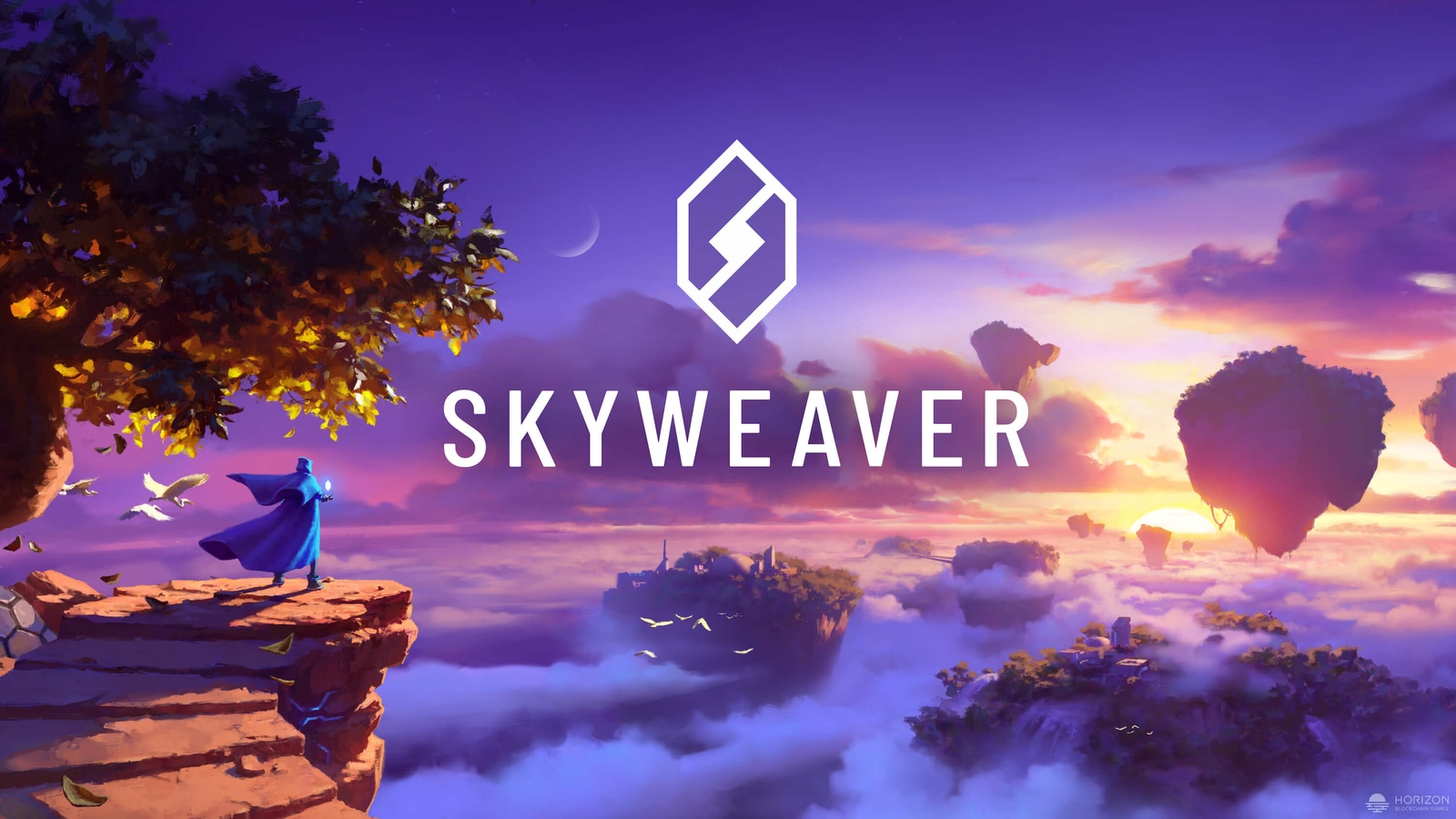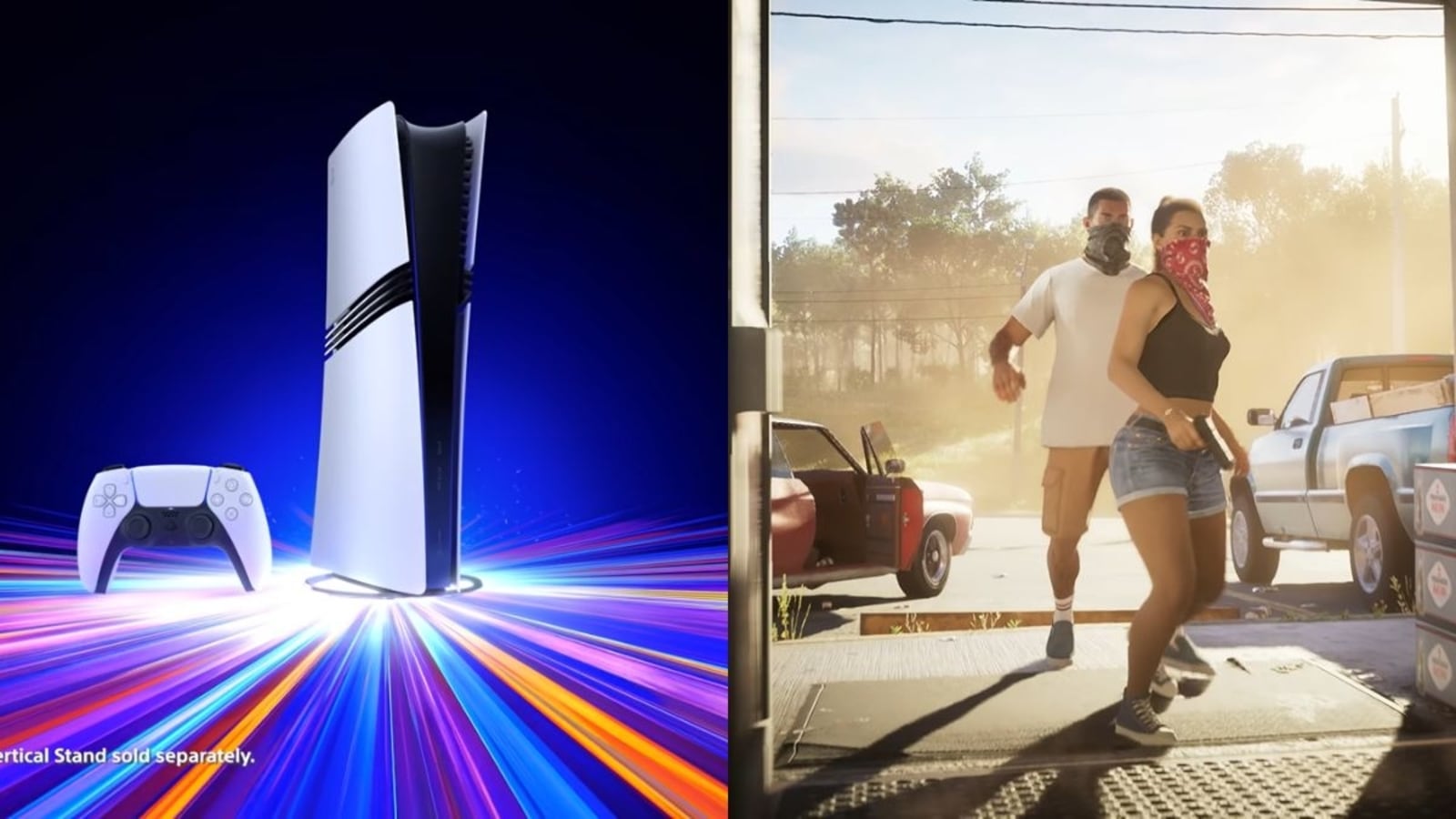Crypto winter has helped chill demand for NFTs, but that hasn’t stopped startups that use them from raising money.
Crypto winter has helped chill demand for nonfungible tokens, but that hasn’t stopped startups that use them from raising money. Horizon Blockchain Games said it secured $40 million as it continues to build out the Sequence developer platform, Niftyswap digital-asset marketplace and Skyweaver virtual trading card game.Brevan Howard Digital and Morgan Creek Digital led the Series A funding round for Toronto-based Horizon, which was founded in 2017. Chief Financial Officer Deborah Marfurt declined to disclose the company’s valuation, but said in an interview that it was higher than in the company’s previous funding round last year. Traditional video gaming companies Ubisoft Entertainment SA and Take-Two Interactive Software, Inc. also participated in the round. Horizon was valued at $89.5 million after last year’s funding round, according to PitchBook data.
Horizon’s funding round shows that investors are still drawn to NFT-gaming startups, despite declines in overall crypto venture capital investing and slumping sales for digital art and collectibles. Global monthly NFT sales tumbled 85% to $507 million in September compared with a year ago, according to blockchain data tracker CryptoSlam.
In Horizon’s Skyweaver game, users own and battle fantasy trading cards represented by NFTs in a format similar to Magic: The Gathering, according to Horizon co-founder and Chief Executive Officer Peter Kieltyka.
“It’s something that anyone can use and that anyone can participate in,” Kieltyka said in an interview.
The use of blockchain in gaming hasn’t been without controversy—Kieltyka pointed to environmental concerns over crypto’s electricity usage as a factor in generating backlash, but said Ethereum’s transition to a more eco-friendly way of validating blockchain transactions in a move known as “the Merge” should help mitigate that criticism. He also said that frequent NFT launches through sales known as “drops” have created the negative impression that many are in the industry to get rich quick.
“There’s definitely a gold rush and not all actors are really building for long-term intention,” he said.
Kieltyka said Horizon is committed to making blockchain more accessible to mainstream consumers and developers. At a time when other crypto companies are slashing their workforces, Horizon hopes to increase its team by the end of the year to 80 people from 60.























